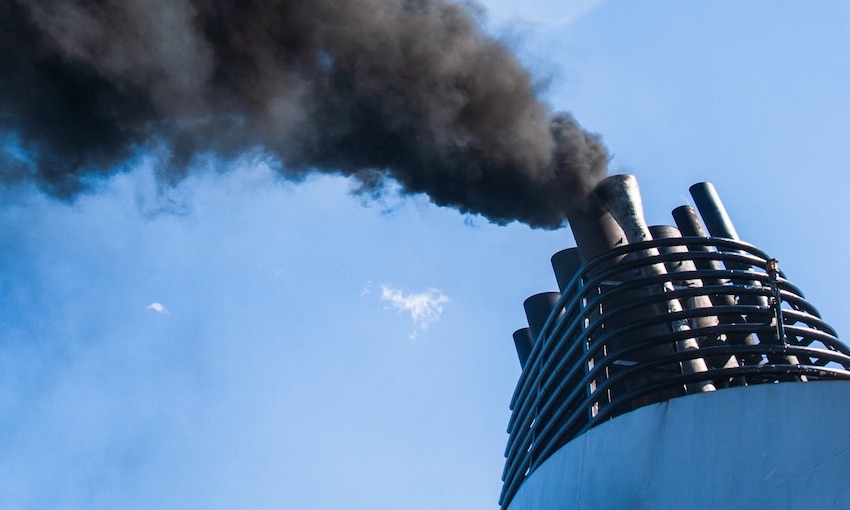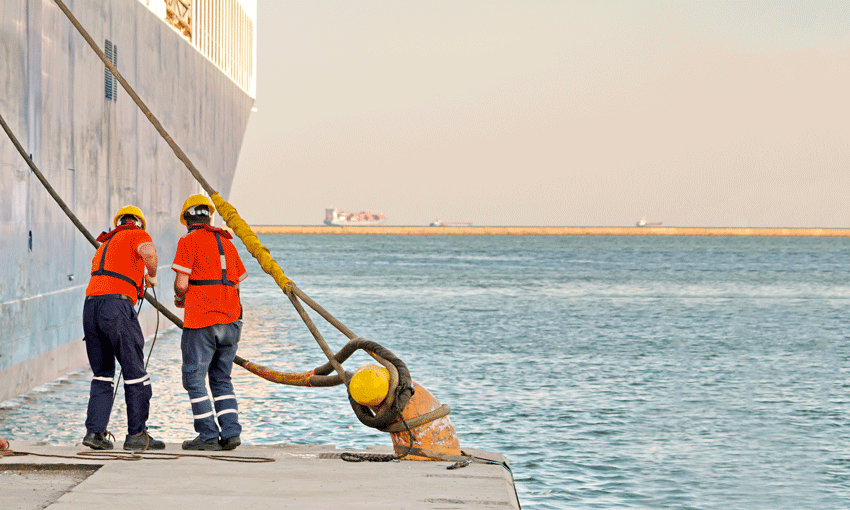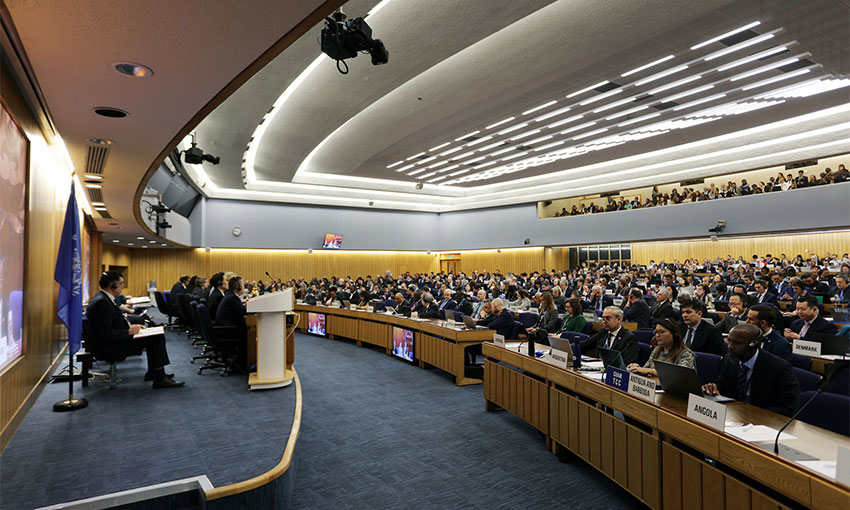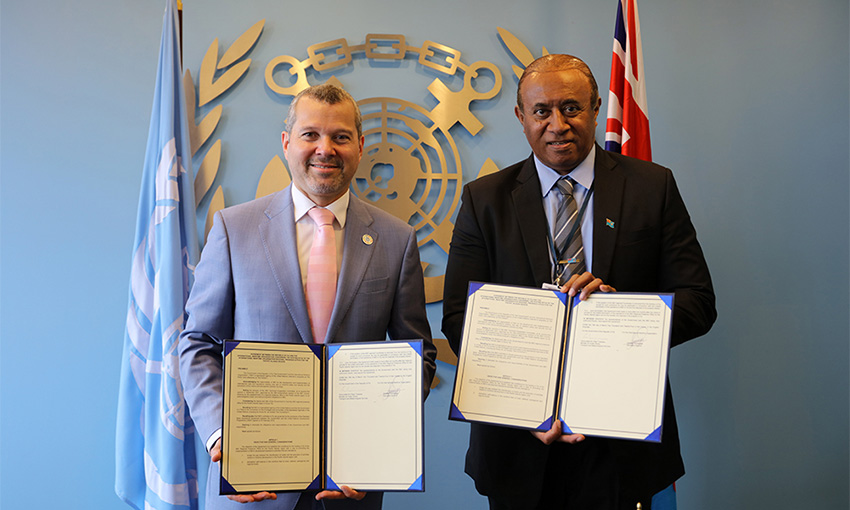INTERNATIONAL Maritime Organization secretary-general Kitack Lim has opened the 33rd session of the IMO Assembly.
The assembly is the IMO’s highest governing body, responsible for approving work programs, budgets, determining financial arrangements and electing the IMO council.
It comprises all IMO member states and meets once every two years. The current session began in London on 27 November and will wrap up on 6 December.
The assembly elected new leadership at the gathering, including Prince Khalid Bin Bandar Bin Sultan Al-Saud, ambassador extraordinary and plenipotentiary of Saudi Arabia to the United Kingdom, as president.
Saida Muna Tasneem, high commissioner and permanent representative of Bangladesh to IMO was elected as first vice-president and Juan Carlos Gamarra Skeels, ambassador extraordinary and plenipotentiary and permanent representative of Peru to IMO was elected second vice-president.
The assembly will also elect 40 member states to the IMO council for the 2024-25 biennium.
The council is divided into three categories: 10 states are elected for their interest in providing international shipping services (category a), 10 have an interest in seaborne trade (category b) and 20 have special interests in maritime transport or navigation and would ensure the representation of all major geographic areas of the world (category c).
Australia sits on the council in 2022-2023 in category b, which comprises states with the largest interest in international seaborne trade. It is in the running for the same category in 2024-2025.
The assembly will also be invited to approve the appointment of Arsenio Antonio Dominguez Velasco, from Panama, as IMO secretary-general for an initial four-year term starting on 1 January 2024.
Current secretary-general Mr Lim highlighted the IMO’s achievements over the past biennium – such as the adoption of the 2023 IMO GHG Strategy – and highlighted the need to decarbonise and digitalise shipping in the coming years.
“Our planet, oceans, and humanity face critical threats from pollution, climate change, geopolitical instability, and the economic challenges posed by high inflation,” he told the assembly.
“Despite these obstacles, the importance of shipping in facilitating global trade and transporting essential goods across continents cannot be overstated.
“However, our focus must shift towards a future that’s both decarbonised and digitalised, leaving no one behind.”
The IMO assembly will is expected to adopt a number of resolutions on key aspects of the organisation’s work, and will be invited to adopt an assembly resolution on appreciation of Mr Lim’s services to the organisation.
An awards ceremony concluding the first day of the assembly saw the Australian crew of the tug SL Diamantina awarded a Certificate of Commendation recognising their bravery in the Portland Bay saga last year.





